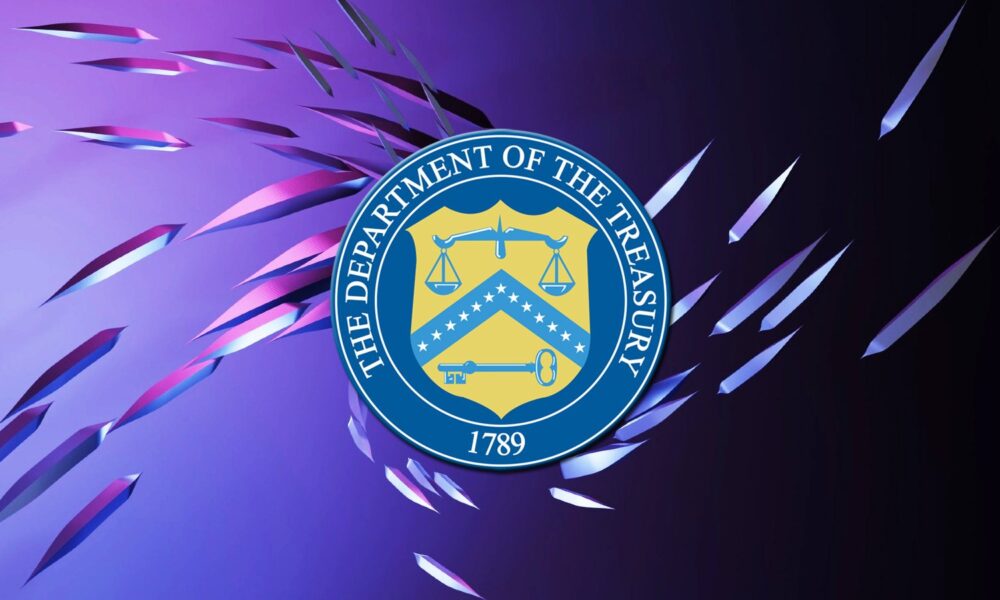The agencies said that the FBI has received more than 5,000 tips about reported drone sightings in recent weeks that have generated about 100 leads investigated by local, state, and federal officials. None have proved to be problematic or concerning. The mass hysteria is itself creating dangerous conditions, though. The FAA warned on Wednesday that there has been a significant uptick in people pointing lasers at aircraft, which is illegal because it can be dangerous and distracting for pilots.
Back in 2019, Google made its position on the online tracking method called fingerprinting pretty clear. “Unlike cookies, users cannot clear their fingerprint, and therefore cannot control how their information is collected,” the company said in a blog post. “We think this subverts user choice and is wrong.”
That viewpoint appears to have changed. This week, Google announced that, starting in February 2025, advertisers would be allowed to use fingerprinting. The method is largely hidden and allows online activity to be tracked by building up a profile using characteristics from your device—for instance, your phone type, language settings, timezone, can be combined with other information unique to your setup and identify you.
Google indicated the change in new advertising policies, which will go into force next year. The current version of the policy says fingerprinting is not allowed, while that reference has been scrubbed from the new version. The change drew instant criticism, with the UK’s data regulator, the Information Commissioner’s Office (ICO), saying that “fingerprinting is not a fair means of tracking users online” and it called the U-turn “irresponsible.” The ICO said it is talking to Google about the shift.
Early this year, the notorious Lockbit ransomware group was thoroughly dismantled by a law enforcement operation, called Operation Cronos. The group’s website was taken over, details of its members and their cyberattacks extracted, decryption tools released, and its alleged Russian mastermind identified.
Now, the US government is attempting to extradite Rostislav Panev, an Israeli citizen who it suggested worked as a LockBit developer between 2019 and 2024. According to Ynet news, Panev was arrested in August and it is alleged that he received more than $230,000 in Bitcoin and developed ransomware tools from the gang. According to a complaint unsealed by US officials, Panev said he was regularly paid $10,000 per month for software development. Panev’s lawyers deny the claims.
At the same time, the organizers of the LockBit ransomware claim that they have created a new “4.0” version of their tools and will be “launching” them in February. A post on LockBit’s reincarnated dark-web sites urged potential hackers to sign up. As with many cybercrime groups, LockBit has lied about its activities in the past, and following the humiliation of its disruption, many other cybercriminals may not trust its tattered brand.
Chinese technology company and router maker TP-Link could be banned in the US, a report from The Wall Street Journal this week claimed. Officials at the Defense, Commerce, and Justice departments have launched investigations into the company over potential cybersecurity and national security concerns around its routers. The Commerce Department has reportedly subpoenaed TP-Link, which has more than 60 percent of the US retail market for routers. A ban could reportedly happen next year.
While TP-Link is a Chinese company, its products are sold in the US by a separate California-based business. In October, Microsoft said that TP-Link routers “make up most” of a network of compromised devices that it has detected being used in Chinese hacking campaigns. The news of the potential ban follows the previous bans of Huawei and ZTE equipment and comes as TikTok will challenge its ban before the US Supreme Court in early January.




